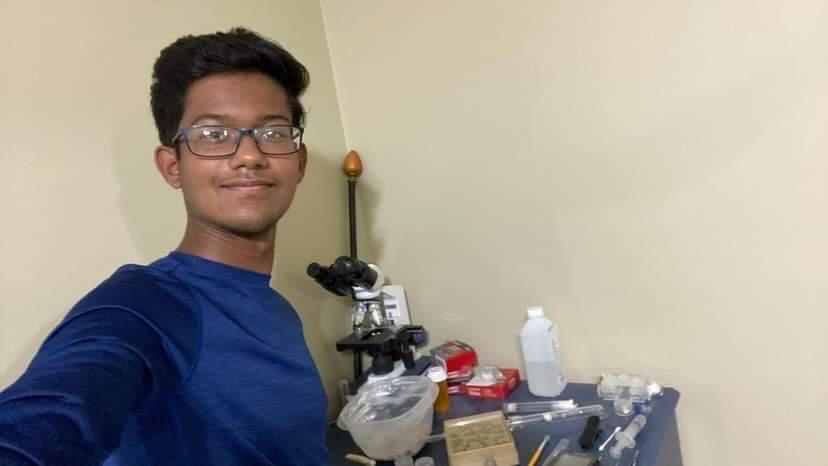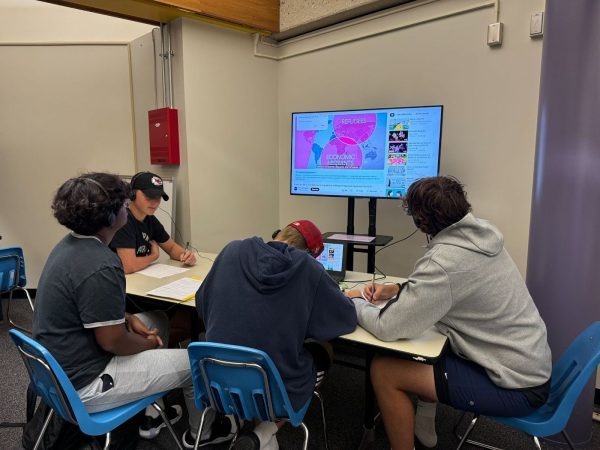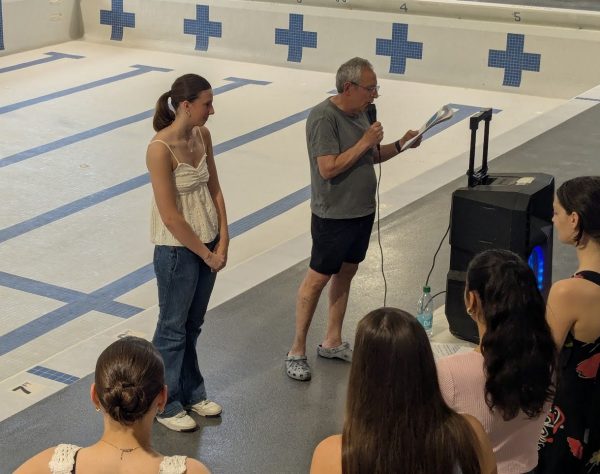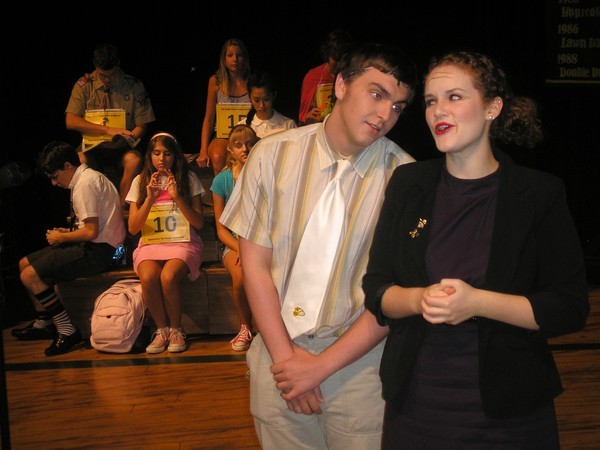Junior Adish Pawar discusses his journey in ant-keeping
“There isn’t anything I would do differently to start, but I would want to be more careful and patient,” said junior Adish Pawar. “Patience is key to raising young colonies since they grow slowly at first. Perhaps if these attributes about myself were better, I may not have had to release some of my colonies.”
What is ant-keeping and how long have you done it for?
“Ant keeping is almost like keeping any other pet except there are a few niche differences. Essentially, the whole reason why ant keeping is even a thing is because you get to watch your colony grow into an empire. You start with a single or group of queens and your job is to make sure they’re well-fed and hydrated. If you get that right, then the queen will raise her workers. Over years, this can build your colony from a single queen into a mass of thousands to millions. I guess it’s kind of a power fantasy except on the scale of being a god to small insects. I’ve been doing ant keeping for five years.”
When and how did it all start?
“It started in the fall of seventh grade. My family was redoing our garden, and I moved the bricks around. Under the bricks were hundreds of ants. I was immediately captivated by the way they organized together. I had known about ant keeping for a while, but I only started because I found out one of my friends had. Ant-keeping alone is quite boring, but together we had fun searching the forests and creating nests.”
What was the process when you first started it?
“It was very rough. We had no experience with how ants behaved and what they required and when. For example, it was hard for us to know what size nest they needed and how often we should be checking on them. If you disturb them too much, the queens will stress eat their own eggs. I let a lot of my old colonies go because I knew I couldn’t take care of them well enough.”
What do you mean you couldn’t take care of them?
“They were getting to the point where I knew they wouldn’t be successful the way I was taking care of them. So I let them go in the wild where they may have a better chance. It just means I’m not ready for that species. There are more than 40 species in Missouri, all with different needs. At this point I can probably keep any species.”
What exactly brews that passion of yours to continue on collecting?
“A lot of ant keepers who’ve kept longer than me relate it to collecting Pokemon. I completely agree with this analogy. There are over 30,000 species in the world and even just seeing a rare species is thrilling enough. Not only is finding them amazing, but the exploration of nature is something I love in equal measure. There are just so many colors, sizes, morphs and textures. You can even tell some are smarter than others. The way a colony works together reminds of how far we humans have come. Just like us, they build megastructures , farm cattle, disinfect homes, heal the injured and much more. All the way from chemical warfare to using silk to weave a nest. There is just so much we don’t know about them. I think the uncertainty of their biology is what interests me the most. I want to help discover what other secrets they have hidden away.”
How big are your colonies?
“Ever since this school year started, I’ve had to release five of my colonies just because of lack of time. Right now, I have two colonies. The smaller one has only a few workers and they live in a test tube. The test tube is perfect for them since it can hold water and provide a small, clean and humid space that fits their needs. The larger one has 40-60 workers and they live in an ant nest which are called formicarium. It contains many chambers and tunnels with the topside covered in a sheet of glass. The formicarium is connected to what is called an outworld, essentially a large container. This is where I place their food and where they can explore. The upper edge of the outworld is lined with baby powder. This prevents the ants from escaping. If they’re trying to escape, it means you’re doing something wrong.”
Is there anything else I should know or you would like to add?
“Just a warning: Even if you love nature, insects and ant keeping looks easy, but it really isn’t. Taking care of another animal is never easy. Problems that you could never anticipate can come up. It requires a lot of dedication and determination. Many species’ queens can live for over 10 to 15 years. But if you can do it, it’s like opening your eyes to a whole new universe.”

Hello, I'm Diana Baeza, and this is my second year in Newspaper. I chose to be a Personality Perfectionist because I enjoy meeting new people,...




![There are many AI sites and apps available. “You don't [stop students from using AI] - you teach them how to use it,” social studies teacher Melody Barger said.](https://pnhnorsestar.com/wp-content/uploads/2025/01/AI-600x400.jpg)







